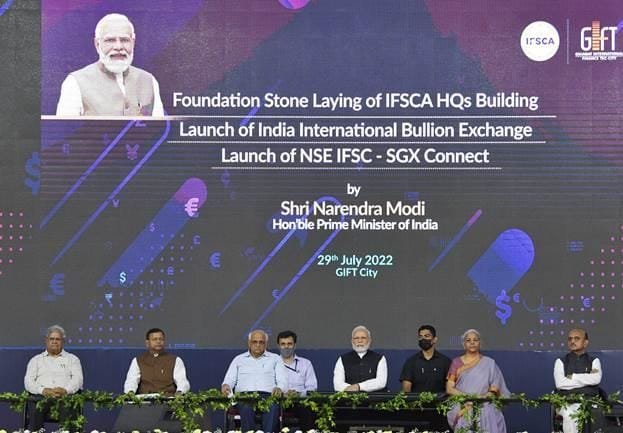Aviation, Hotels and Real Estate face rating downgrade
Sectors such as Aviation, Hotels, Cut and Polished Diamonds, Retail and Textiles (Cotton Spinning) and Real Estate (Retail) face rating downgrade pressure, says ICRA in its latest assessment of India Inc.
At the same time, sectors that might be less exposed to cash flow disruption, include Telecom, Healthcare, Roads (Annuity), Agriproducts, FMCG and Education, added the rating agency.
“In general, rating actions are likely to be more tempered for higher-rated entities that have multiple levers to pull such as strong on-balance sheet liquidity, strong refinancing ability or the backing of a strong parent or group,” said Anjan Ghosh, Chief Rating Officer, ICRA.
The credit quality of India Inc faced elevated pressures in FY2020 against the backdrop of a slowing economy because of sluggish consumption and investment demand, according to ICRA.
The pressures were further intensified by the increasing vulnerabilities of the financial sector, specifically non-bank finance companies, in terms of deteriorating asset quality and concerns around liquidity and asset-liability mismatches.
As these strains took root, the risk aversion among investors and lenders became more prominent creating a vicious spiral of credit weakness. As a result, rating downgrades by ICRA increased significantly during the year, both in terms of number as well as severity.
ICRA said it has downgraded the ratings of 584 entities in FY2020 reflecting a downgrade rate1 of 16% which was significantly higher than the past five-year average of 9%.
At the same time, instances of upgrades, at 282, witnessed a decline, as did the upgrade rate of 8% which was relatively lower than the past five-year average of 10%.
Further, the Large Rating Change Rate (LRCR) of ICRA-assigned ratings, a measure of the severity of rating actions, rose to 4.9% in FY2020, as against the past five-year average of 3.8%.
The volume of debt downgraded by ICRA in FY2020 touched a high of Rs.7 trillion, dwarfing the debt volume of Rs.3 trillion downgraded in the preceding fiscal.
The significant increase was attributable to the downgrade in debt of several financial sector entities, including housing finance companies, non-banking finance companies and private sector banks.
Also, several debt-heavy non-financial sector entities experienced a downgrade, mostly in the power sector, ferrous metals sector and the construction sector.
Even as credit quality pressures endured, and instances of downgrades increased, this wasn’t accompanied by an increase in the overall default rates which softened to 2.3% in FY2020 in comparison with the past five-year average of 3.0%.
“The corporate and the financial sector entities have continued to face some or the other non-idiosyncratic risk over the past several years,” said Jitin Makkar, Head-Credit Policy, ICRA, in comments on the credit quality trends.
From demand risk, to regulatory risk, to currency risk, to commodity risk, to funding risk — India Inc has experienced a wide gamut of challenges.
The year gone by was no less turbulent with new sources of risk coming to the fore, ICRA stressed.
Accompanying the concerns around slowing economic growth and simmering global trade tensions, was skepticism relating to the corporate governance practices followed by some of the borrowers, making investors both cautious and selective in their investment choices.
The surge in rating downgrades in FY2020 reflected these trends, besides the concerns emanating from a range of firm-specific factors.
“That said, the credit challenges that lie ahead because of the COVID-19 crisis are going to be exceptionally overwhelming and would likely put unprecedented strain on the credit profiles of a large number of entities across sectors,” said Makkar.
While it is clear that the credit quality of a large swathe of entities, across a wide range of sectors would worsen as a fall-out of the COVID-19 crisis, the acuteness of the impact remains uncertain at this stage and would depend on how quickly the pandemic is contained and the measures taken by the Government to soften the deleterious impact, he said. fiinews.com









